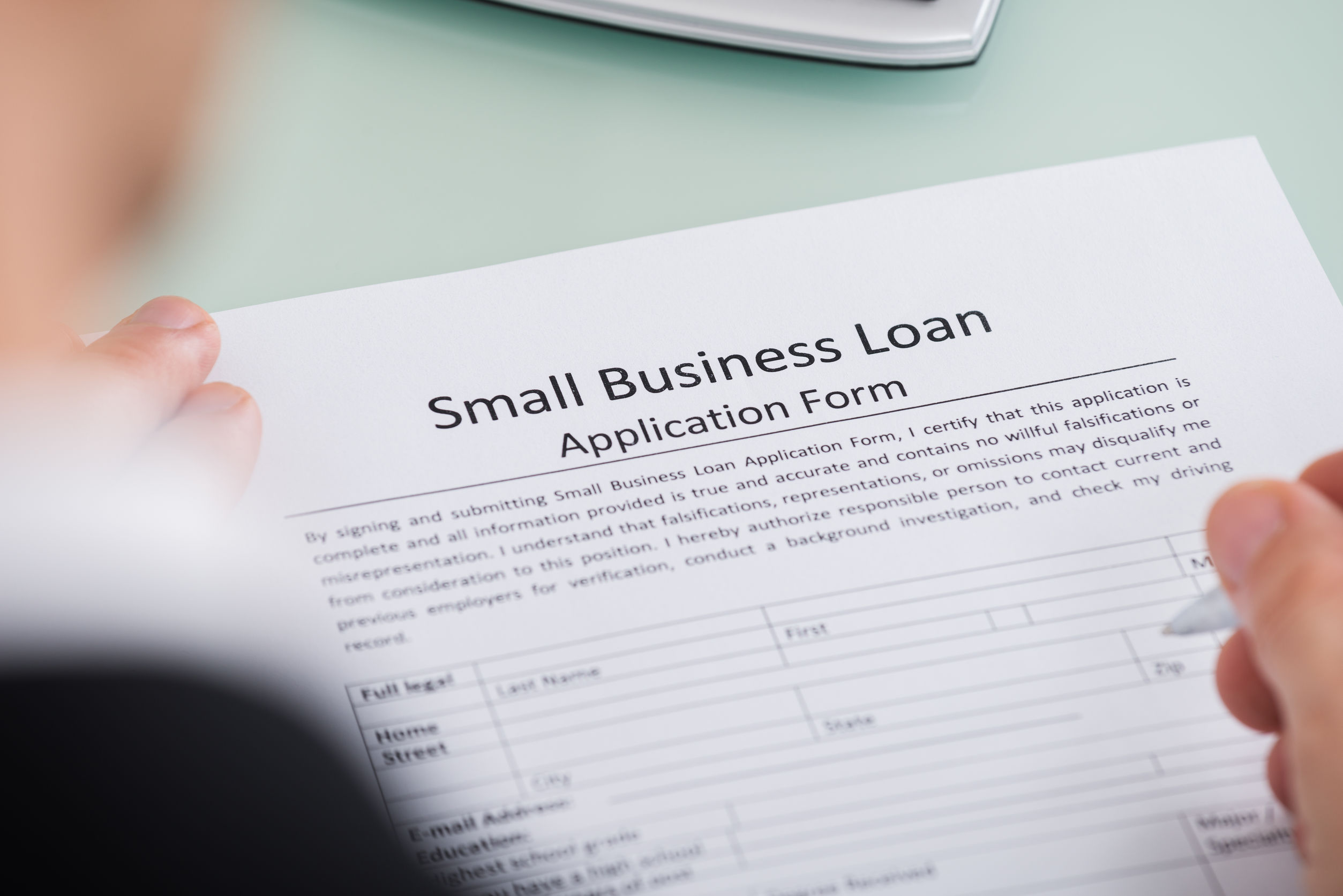New laws have been enacted since the publishing of this article. The COVID-19 Pandemic during 2020 has affected many small businesses. To aid businesses and individuals who had been financially impacted, Congress created the Cares Act. The Paycheck Protection Program (PPP Loan) was one of the business loans that could be obtained. We will provide an overview of this loan and then discuss the tax impacts it is now having on small businesses.
In summary, the PPP loan proceeds were to be used as follows:
- 75% - payroll costs
- 25% - non payroll costs (i.e. rent, mortgage obligations, interest on other debt, utilities, etc.)
See section 7(a)(36)(F) of the Small Business Act for more details on allowable uses of this loan
Forgiveness of this loan is available equal to the amount of the total payments you made for the "covered period", which is 8 or 24 weeks from the loan origination date. However, the amount forgiven can be reduced if:
- The number of full time employees was not restored during your covered period
- The salary or wages of employees receiving less than $100K annually was reduced by more than 25% when compared to the prior last full quarter before your covered period
- If more than 25% of the loan proceeds was used towards non-payroll costs
Loan forgiveness in this case, creates a great opportunity that is offset by what could be a tax problem for small businesses. More specifically, loan forgiveness usually creates cancellation of indebtedness income which is taxable unless certain exclusions or circumstances apply. However, the Cares Act deemed that the forgiveness of the PPP loan proceeds would be excluded from gross income. So this is great, right? You received a loan that you now will not have to pay back if you meet the terms of forgiveness.
But wait, there's one major caveat to this loan forgiveness that can affect your taxes. The Cares Act did not address whether or not the expenses paid by the PPP loan proceeds would be deductible. According to the IRS, code Sec 265(a)(1) does not allow the deductibility of expenses paid for by "exempt income". This means, that if your loan is forgiven, you will NOT be able to deduct the payroll costs, rent, utilities that were paid for using your PPP loan.
If this matter is not reversed by Congress, this could mean an increase in the taxes you owe. Small business owners should review their situation as follows:
- Obtain a tax analysis for 2020 immediately to see how much you could owe if the expenses are not allowed and the rule is not reversed
- Weigh the cost of your tax debt to the cost of repaying your loan versus having it forgiven, if you can afford to repay it
(Since the time this article was published, Congress did change the rules and determined that the expenses paid for with PPP loan proceeds would be deductible and the forgiveness of the loan is not considered income, but is treated as tax exempt income instead of income from cancellation of indebtedness. Furthermore, S-Corporation owners are able to increase their basis by the amount of PPP loan forgiven.)
Take into consideration that this particular loan is not a 30 year loan. Depending on when you received your loan, your repayment terms can be 2 to 5 years at 1% fixed rate of interest. Therefore, if you have to repay a large amount, your loan repayments will be high and you will need to determine if your business can afford to repay the loan.
It's enough of a challenge to keep up with your tax do's and don'ts, but when you're late filing important tax returns, the late fees, penalties and interest can create unnecessary tax problems. Use the button below to obtain access to our new 2021 tax calendar for your business and never miss an important tax deadline again...
Other SBA Resources for PPP Loan:
SBA - Paycheck Protection Loan Program Details



